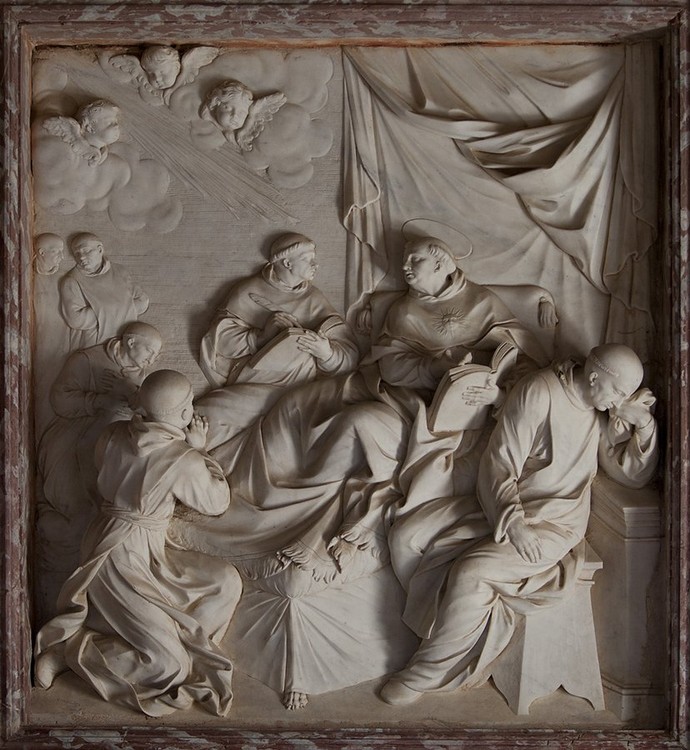
While no longer celebrated as his feast day, today, March 7, is the anniversary of the death of Saint Thomas Aquinas, and this year, 2024, marks the 750th such commemoration and is part of the Triple Jubilee of the Angelic Doctor (along with the 700th anniversary of his canonization and 800th anniversary of his birth in 2025).
On this occasion of his death, I offer a few of his reflections on the necessity of death for material creatures which we all are, and more importantly, the good God brings from this seemingly most bitter of life’s defeats, even and especially Saint Thomas’s own. It is fitting, then, during Lent to “Remember, man, that thou art dust, and to dust thou shalt return.”
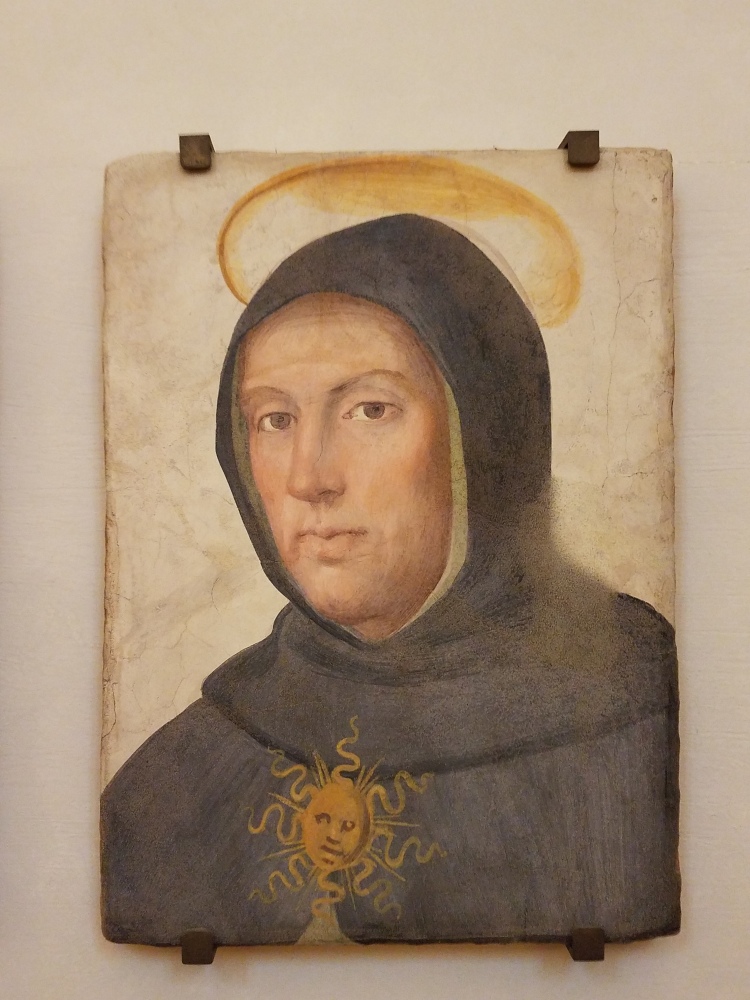
In my essay “The Problem of Evil in Aquinas,” I explain that for Saint Thomas natural evils, such as death and disease, are privations or the lack of a due good, but that God in general permits the evil of death and decay as a necessary part of the good of a universe of creatures composed of matter whose potential is never completely actualized by the forms (or souls) of living things. Unlike incorruptible creatures – angels, who are simply form without matter, and celestial bodies whose forms completely actualize their matter – we terrestrial (physical) creatures are able to corrupt (die) because our matter can become the matter for other material forms (as elements turn into plants which are eaten by animals, and some animals eat others). Yet God permits this corruptibility because such creatures are genuinely good, and they are part of an overall universal good. As he explains:
Since God, then, provides universally for all being, it belongs to His providence to permit certain defects in particular effects, that the perfect good of the universe may not be hindered, for if all evil were prevented, much good would be absent from the universe. A lion would cease to live, if there were no slaying of animals.
Summa Theologiae I, 22, 2 Reply Obj. 2
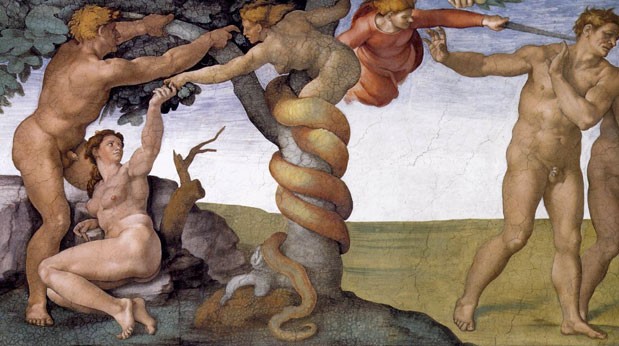
Of course, death and natural evil were not originally part of God’s plan for humans, according to the Christian faith; human death itself is a consequence of moral evil, Adam and Eve’s Original Sin. Saint Thomas, as a Christian, believes that our first human parents lived in the garden of Eden in an original harmony with God; they were immortal and not subject to harm or decay, but God bestowed this immortality by a special, miraculous favor, not by changing the nature of material being. (ST I, 97, 1)
Saint Thomas, as I try to show in the Problem of Evil essay, goes further to say that natural evils like death, as well as moral evils which sadly cause it, can also be necessary for greater moral goods like care, compassion, comfort, or cure, and for patience, courage, justice, and sacrifice.
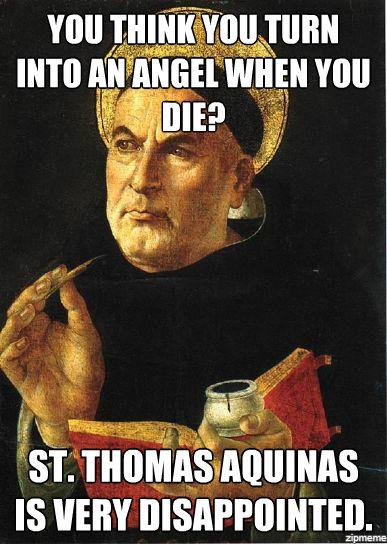
But when it comes to one’s own end to this earthly life, Saint Thomas also argues that being freed from this physical body is necessary to enjoy the Beatific Vision of God in His Essence. This is well known as part of the Christian faith, for as Saint Paul says, “we know that while we are at home in the body we are away from the Lord . . ., and we would rather leave the body and go home to the Lord.” (2 Cor 5:6,8). Saint Thomas, though, gives an explanation for this in terms of his philosophical psychology:
God cannot be seen in His essence by a mere human being, except he be separated from this mortal life. The reason is because, as was said above (Article 4), the mode of knowledge follows the mode of the nature of the knower. But our soul, as long as we live in this life, has its being in corporeal matter; hence naturally it knows only what has a form in matter, or what can be known by such a form. Now it is evident that the Divine essence cannot be known through the nature of material things. For it was shown above (ST I, 2, 9) that the knowledge of God by means of any created similitude is not the vision of His essence. Hence it is impossible for the soul of man in this life to see the essence of God. This can be seen in the fact that the more our soul is abstracted from corporeal things, the more it is capable of receiving abstract intelligible things. Hence in dreams and alienations of the bodily senses divine revelations and foresight of future events are perceived the more clearly. It is not possible, therefore, that the soul in this mortal life should be raised up to the supreme of intelligible objects, i.e. to the divine essence.
ST I, 12, 11.
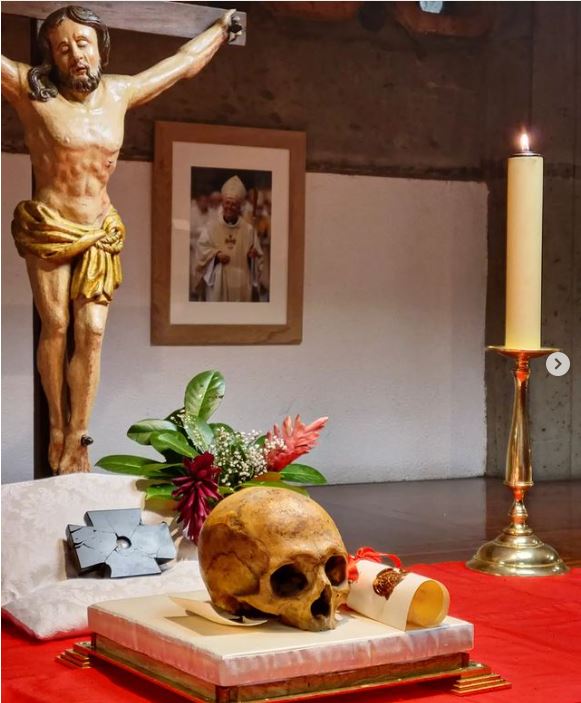
Even though that Saint Thomas himself, one supposes, experienced a mystical experience of God Himself (after which the Angelic Doctor declared that all he had written seemed as straw), such mystical experiences received while one remains in the flesh are, of their nature temporary and transient (ST I-II, 175), could not suffice for the glory of the Beatific Vision for which we were created and to which, through our cooperation with God’s grace, we are called (consummated in a ‘certain grasp’ of the Beloved by the lover). No doubt, Saint Thomas contemplated these truths as he shuffled off this mortal coil, and went to his eternal reward with gratitude and humility.
3 thoughts on “750th Anniversary of the Death of Saint Thomas – Memento Mori”